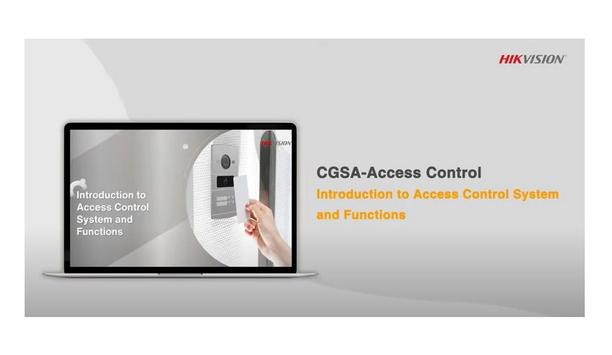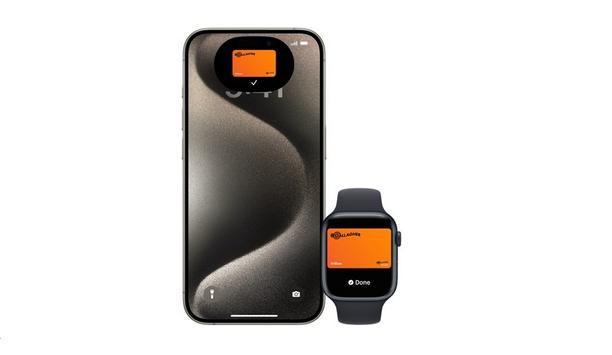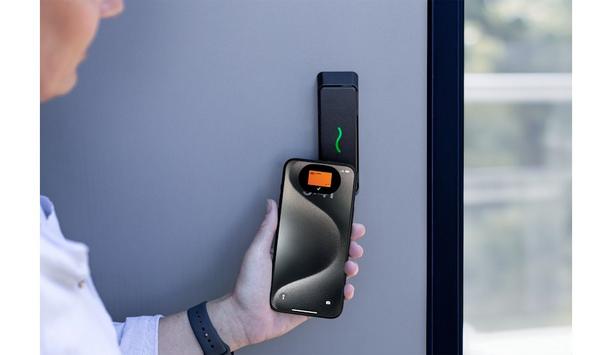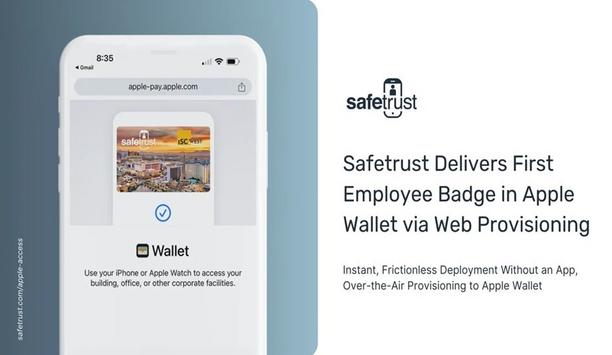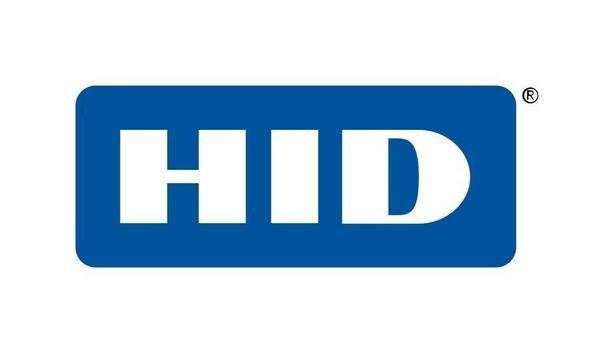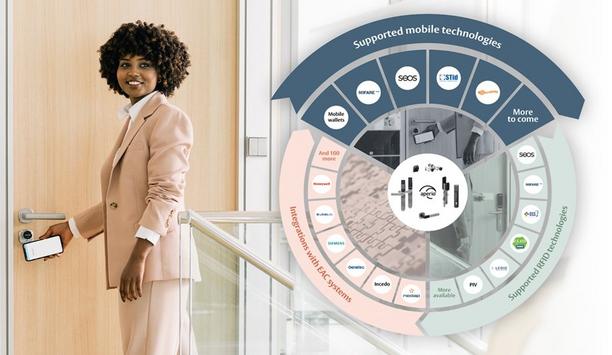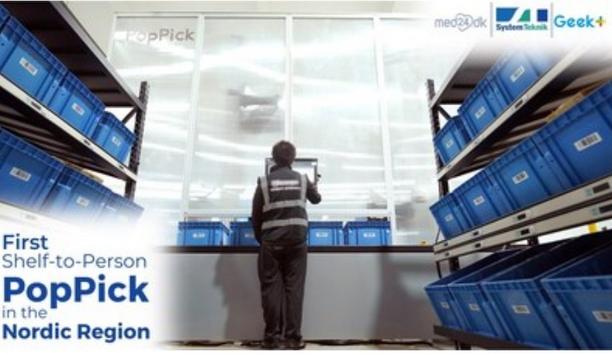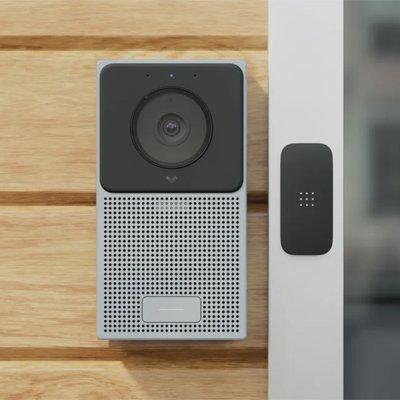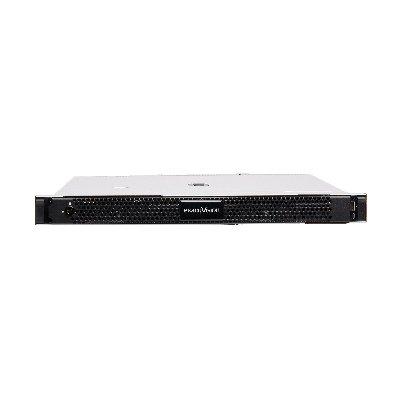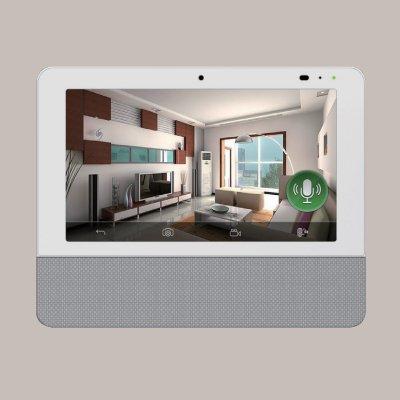Abloy UK has released a white paper to explore how the critical infrastructure sector can unlock the potential of smartphones in the workplace to improve employee mobility, job satisfaction and productivity.
Despite consumer usage of smartphones increasing significantly over the last decade, many organizations haven’t been as quick to tap into the uses and benefits that smartphones can provide.
Smartphones, an extension of IT infrastructure
Abloy recognizes that smartphones should be an extension of IT infrastructure, and users can benefit from the device far greater than just a phone on a network. Integrating a device is more cost effective, functional and secure.
The paper looks at how the cloud, integration, 5G and advances in battery life all mean that smartphones are now essential pieces of IT equipment, which should be used when they’re the most efficient tool for the job.
Importance of mobile access in critical infrastructure
The white paper also outlines the solution available to achieve this ‘keyvolution’, such as the CLIQ system
It explores how critical infrastructure organizations can particularly benefit from this transition, as widespread roll out can deliver financial savings, environmental benefits and improve operational efficiencies.
The white paper also outlines the solution available to achieve this ‘keyvolution’, such as the CLIQ system, PROTEC2 CLIQ technology and the new BEAT digital padlock. BEAT is a keyless solution that combines a digital key, a mobile app and a heavy-duty, Bluetooth padlock, ideal for critical infrastructure sites.
Future of smartphones in access control systems
Pip Courcoux, Sales and Product Manager at Abloy UK, said “We believe that smartphones will become a much more integral part of the next generation of access control systems. They are capable of so many functions that have become a central part of businesses network infrastructure.”
Pip adds, “We have probably only realized a fraction of the value that smartphones can bring, and how they can provide the edge computing and connectivity necessary for true digital transformation. This will only be increased further by the introduction of 5G, offering faster connection speeds and a faster transfer of data.”
Revolutionising remote access control
He further stated, “Ultimately smartphones will revolutionize remote access control by bringing it into the digital era. The overall benefits of flexibility, time and financial savings, improved security and ease of use are too good to ignore. Their role in helping to effectively secure and manage sites allows critical infrastructure organizations to provide service continuity while building resilience.”





